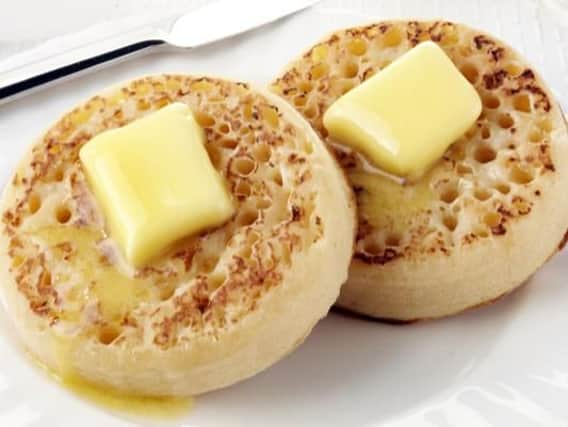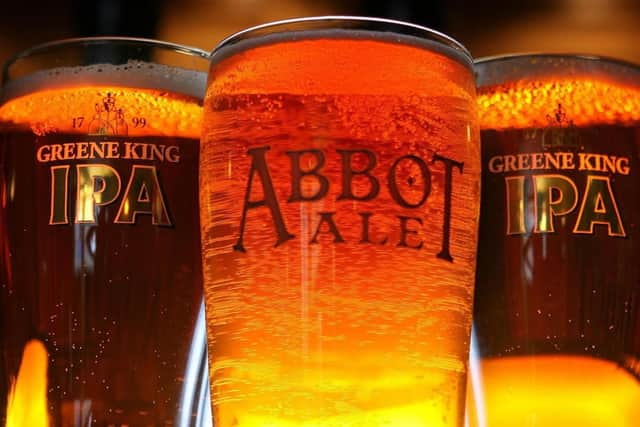Crumpets, beer and chicken: All the things we're running out of thanks to the heatwave


Bakers firm Warburton's, the country's largest producer of the popular snack have halted production at two of their four plants due to the shortage, with CO2 supplies also running low at its other sites.
Carbon dioxide is used for the packaging of crumpets, giving it a longer shelf life and preventing mould.
Why is there a CO2 shortage?
Advertisement
Hide AdAdvertisement
Hide Ad

The current carbon dioxide shortage is a result of an unusually high number of factory closures, which produce the gas as a by-product of the fertiliser industry.
But being as farmers don't require as much fertilisers during the summer months, ammonia plants often close down for essential maintenance.
The UK has been the worst hit by the closures (which has also affected Europe as a whole), with only one of its plants currently operational.
What else are we running out of?
As well as food packaging, carbon dioxide is also used to carbonate soft drinks and beer, and to stun farm animals.
Advertisement
Hide AdAdvertisement
Hide AdAs such, the crisis has increased pressure on supplies of beer, Coca Cola, chicken and frozen food.
The demand for beer has been particularly high in demand thanks to the World Cup and the hot weather, putting an added strain on producers.
There is also a lack of the Cypriot cheese halloumi available on shelves this summer, with producers struggling to keep up with the demand from British consumers.
A common problem
Although this might seem like a rare occurrence, such problems are actually not unusual.
Advertisement
Hide AdAdvertisement
Hide AdIt was only in February 2018 that takeaway giant KFC had to temporarily close down hundreds of outlets when it ran out of chicken.
All of these shortages happen because of the decisions made regarding a company’s supply chain.
With KFC, a few months before the shortage, the company had decided to switch its logistics service provider from Bidvest to DHL. The result was a massive disruption to the supply chain at the time of the changeover.
Six years ago, rival firm Burger King made the exact same decision with very similar consequences.
The message to organisations who provide consumers with food and drink should be made loud and clear: start caring about your supply chain like it matters.